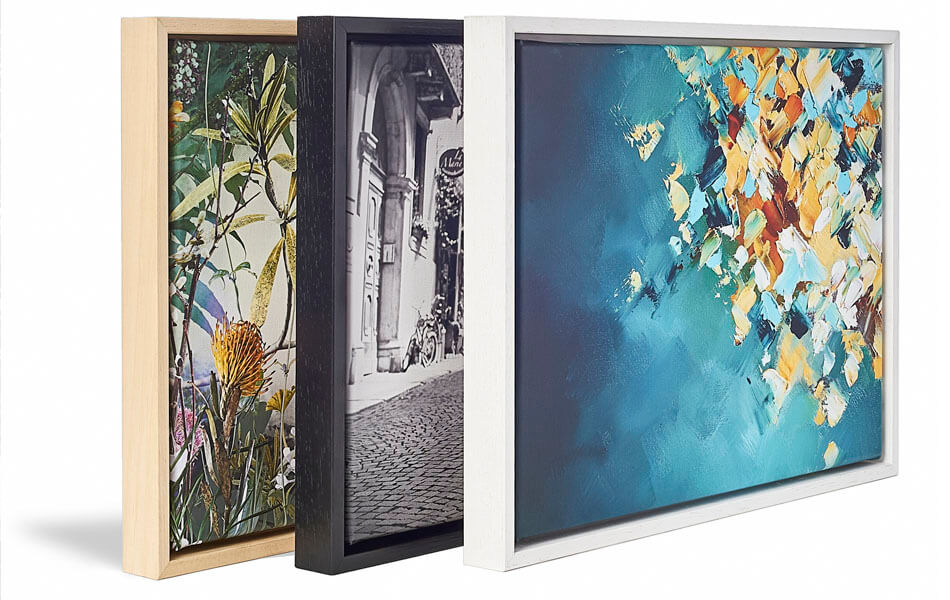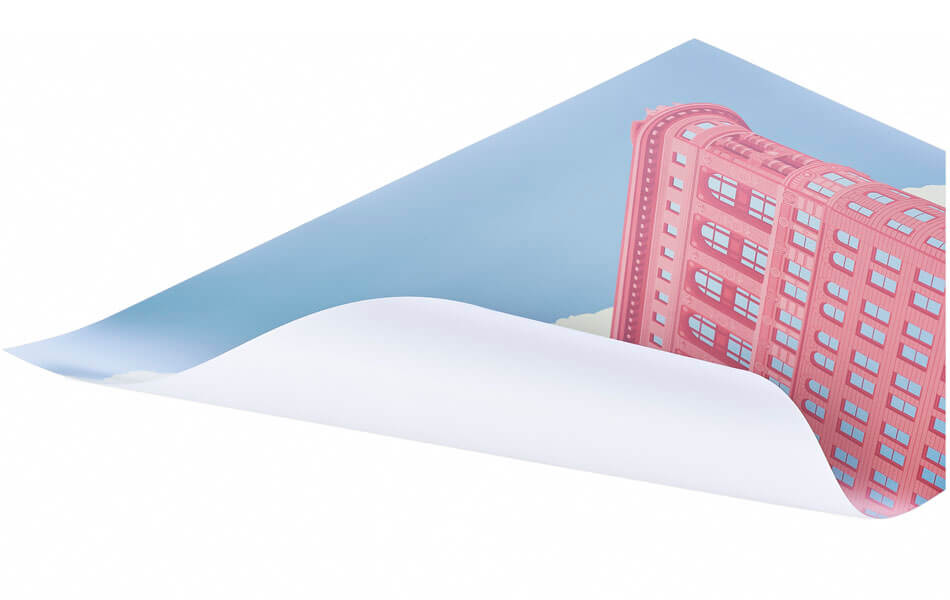Buy this digital art artwork The potato queen of the Andes by Klaus Tesching - Art-AI as a reproduction on canvas, ArtFrame, poster and wallpaper, printed on demand in high quality.
About "The potato queen of the Andes"
by Klaus Tesching - Art-AI
About the artwork
A woman sits calmly in a throne of woven golden grass, her plaited tresses falling heavily on her shoulders. On her head rests a crown of unsmoothed, matt metal - a symbol of dignity, not splendour. She holds a large, cracked disc in her hands that looks like a broken moon or an ancient offering.
Potatoes float around it - not at random, but in orderly constellations. These tubers of life, once carried out into the world from the Andes, are elevated here to a divine code. Behind her, in misty silhouettes, lamas climb up an invisible pyramid of steps, as if they were following an ancient prophecy.
The imagery is rich in symbolism: the potatoes do not stand for food alone, but for cosmic order, connection to the earth and cyclical fertility. The constellations are a reminder that indigenous knowledge was rooted not only in agriculture but also in astronomy.
The woman in the centre is not a queen in the Western sense. She is a living node of cultural memory - an embodiment of the motherliness of the earth itself, unimpressed by time, colonialism and modernity.
"The Potato Queen of the Andes" is a tongue-in-cheek, yet highly symbolic homage to the often underestimated spirituality of rural cultures - dignified, archaic, quietly rebellious. A picture that asks: What if wisdom did not shine - but grew?
Conceived by Klaus Tesching - Art-AI, visualized with AI.

About Klaus Tesching - Art-AI
Based in the vibrant city of Stuttgart, Klaus Tesching is an established figure in the world of photography with an impressive career spanning four decades. His extensive body of work as a photographer has taken him through various aspects of the visual arts, with his eye for detail.. Read more…
 Germany
Germany Ordered in December 2021
Ordered in December 2021
 Netherlands
Netherlands Ordered in March 2023
Ordered in March 2023
 Netherlands
Netherlands Ordered in April 2021
Ordered in April 2021
 Netherlands
Netherlands Ordered in January 2023
Ordered in January 2023
 Germany
Germany Ordered in November 2021
Ordered in November 2021
 Netherlands
Netherlands Ordered in November 2020
Ordered in November 2020
 Netherlands
Netherlands Ordered in August 2024
Ordered in August 2024
 Germany
Germany Ordered in April 2021
Ordered in April 2021
 Netherlands
Netherlands Ordered in January 2021
Ordered in January 2021
 Germany
Germany Ordered in December 2021
Ordered in December 2021
 Germany
Germany Ordered in March 2021
Ordered in March 2021
 Germany
Germany Ordered in March 2023
Ordered in March 2023
About the material
ArtFrame™
Interchangeable Art Prints
- High-quality print
- Easily interchangeable
- Acoustic function
- Large sizes available
Discover the artworks of Klaus Tesching - Art-AI
 Echoes of gilded dreamsKlaus Tesching - Art-AI
Echoes of gilded dreamsKlaus Tesching - Art-AI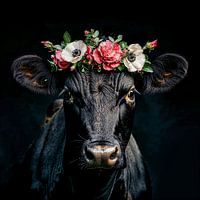 Grace in black: a floral masterpieceKlaus Tesching - Art-AI
Grace in black: a floral masterpieceKlaus Tesching - Art-AI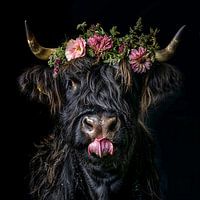 Whisper of the wilderness: elegance in silenceKlaus Tesching - Art-AI
Whisper of the wilderness: elegance in silenceKlaus Tesching - Art-AI Playful beauty: A smile from the HighlandsKlaus Tesching - Art-AI
Playful beauty: A smile from the HighlandsKlaus Tesching - Art-AI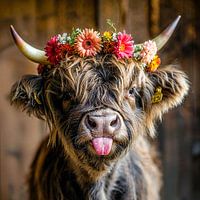 Joyful idyll: A smile from the heartKlaus Tesching - Art-AI
Joyful idyll: A smile from the heartKlaus Tesching - Art-AI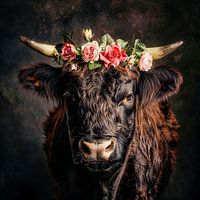 Crowned nature: a feast for the sensesKlaus Tesching - Art-AI
Crowned nature: a feast for the sensesKlaus Tesching - Art-AI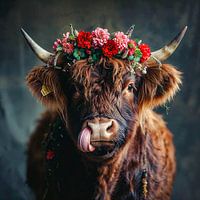 Mischievous grace: a smile from natureKlaus Tesching - Art-AI
Mischievous grace: a smile from natureKlaus Tesching - Art-AI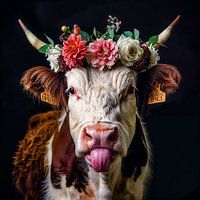 Playful grace: the smile of the willowsKlaus Tesching - Art-AI
Playful grace: the smile of the willowsKlaus Tesching - Art-AI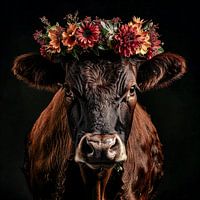 Autumnal pile: the magic of country lifeKlaus Tesching - Art-AI
Autumnal pile: the magic of country lifeKlaus Tesching - Art-AI Sleep of silence - gateway to infinityKlaus Tesching - Art-AI
Sleep of silence - gateway to infinityKlaus Tesching - Art-AI Fragments of a colourful soulKlaus Tesching - Art-AI
Fragments of a colourful soulKlaus Tesching - Art-AI Interwoven pastKlaus Tesching - Art-AI
Interwoven pastKlaus Tesching - Art-AI Stairs to the soulKlaus Tesching - Art-AI
Stairs to the soulKlaus Tesching - Art-AI The city in your faceKlaus Tesching - Art-AI
The city in your faceKlaus Tesching - Art-AI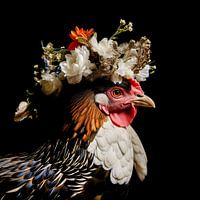 Majestic chicken with flower crownKlaus Tesching - Art-AI
Majestic chicken with flower crownKlaus Tesching - Art-AI Explosion of coloursKlaus Tesching - Art-AI
Explosion of coloursKlaus Tesching - Art-AI Magical light over the forest landscapeKlaus Tesching - Art-AI
Magical light over the forest landscapeKlaus Tesching - Art-AI Serengeti in the firelight of the sunsetKlaus Tesching - Art-AI
Serengeti in the firelight of the sunsetKlaus Tesching - Art-AI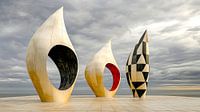 Dance of forms: Dialogue of the elementsKlaus Tesching - Art-AI
Dance of forms: Dialogue of the elementsKlaus Tesching - Art-AI Contemporary order - forward-looking balanceKlaus Tesching - Art-AI
Contemporary order - forward-looking balanceKlaus Tesching - Art-AI
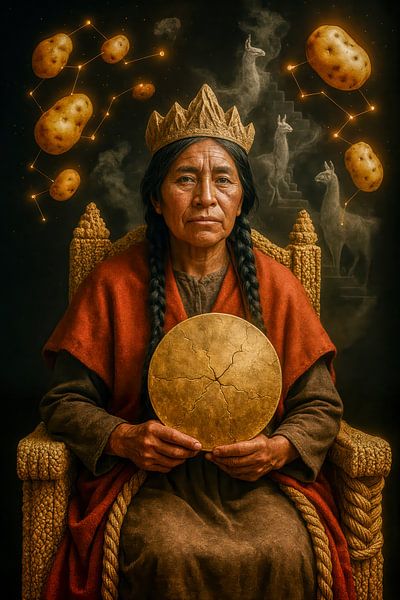




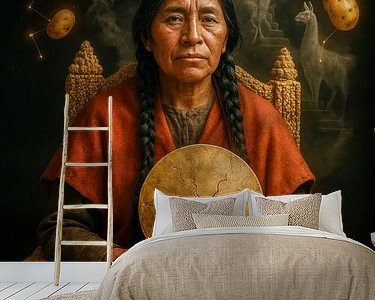







 Abstract expressionism
Abstract expressionism Digital art
Digital art Dreamy Escapes
Dreamy Escapes Female
Female Mysterious Spheres
Mysterious Spheres


